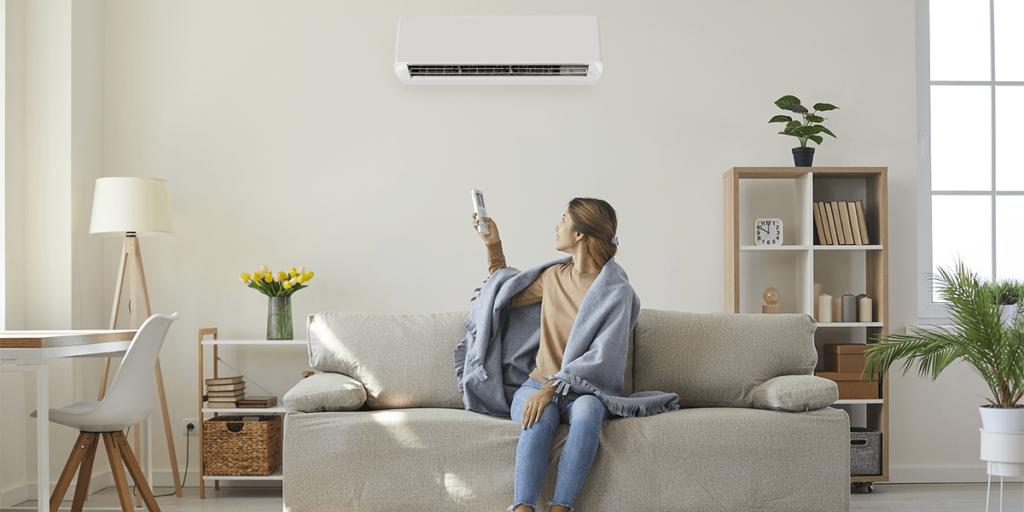
Welcome to our blog all about HVAC! It’s a term you may have heard thrown around, but do you know what it actually stands for and how it works? HVAC is an essential part of any building or home, ensuring that we stay comfortable no matter the weather outside. In this post, we’ll break down exactly what HVAC means and give you a comprehensive look at how it operates. So sit back and get ready to learn all about the inner workings of your heating and cooling system!
What Is HVAC?
HVAC stands for heating, ventilation, and air conditioning. It is a system that is used to regulate the temperature and airflow in a space. The three main components of an HVAC system are the furnace, the air conditioner, and the ductwork. The furnace heats the air, the air conditioner cools it, and the ductwork distributes it throughout the space.
How Does HVAC Work?

HVAC systems are used in both residential and commercial buildings to control the temperature and humidity. The system works by circulating air through a network of ducts and vents. The air is then cooled or heated using a variety of methods, depending on the type of system installed.
There are three main types of HVAC systems: central air conditioners, furnaces, and heat pumps. Central air conditioners cool the air by circulating it through a series of coils filled with refrigerant. Furnaces heat the air by circulating it through a series of metal pipes called heat exchangers. Heat pumps can be used for either heating or cooling, depending on the season. They work by moving heat from one place to another, either indoors or outdoors.
HVAC systems are an essential part of any building, both for comfort and for safety. Proper ventilation is necessary to remove contaminants from the air and to prevent the build-up of dangerous gases such as carbon monoxide. HVAC systems also help to regulate humidity levels, which can impact both comfort and health.
The Different Types Of HVAC Systems

There are four different types of HVAC systems: central air conditioners, heat pumps, furnaces, and boilers. Central air conditioners and heat pumps work by moving heat from the inside of your home to the outside. Furnaces and boilers, on the other hand, work by heating up the air inside your home. Here’s a more detailed look at each type of HVAC system:
Central Air Conditioners: Central air conditioners are one of the most common types of HVAC systems. They work by circulating cool air throughout your home using a system of ducts. Heat is removed from the air as it passes over a series of coils filled with refrigerant. The cooled air is then sent back into your home through the ducts.
Heat Pumps: Heat pumps are similar to central air conditioners in that they use ducts to circulate cool or heat air throughout your home. However, instead of using refrigerant to remove heat from the air, they use a compressor to move heat from one place to another. In the summer, heat is moved from your home to the outdoors. In the winter, heat is moved from the outdoors into your home.
Furnaces: Furnaces are one of the most common types of HVAC systems in colder climates. They work by heating up the air inside your home and distributing it through a system of ducts. Furnaces typically use natural gas or oil as their
Pros And Cons Of HVAC
There are many pros and cons to HVAC systems. Some of the pros include that they can save you money on your energy bill, they can improve the quality of your indoor air, and they can extend the life of your HVAC system. Some of the cons include that they can be loud, they can be expensive to install, and they require regular maintenance.
How To Choose The Right HVAC System For Your Home

There are a few things to consider when choosing an HVAC system for your home. The first is the size of your home. You’ll need to know the square footage of your home in order to choose a system that is the right size for your needs. The second thing to consider is your climate. If you live in an area with extreme weather conditions, you’ll need a system that can handle those conditions. Finally, you’ll need to decide what type of system you want. There are many different types of HVAC systems on the market, so it’s important to do your research and find the one that’s right for you and your home.
Conclusion
With this article, we’ve highlighted the basics of what HVAC is and how it works. We hope that you have a better understanding of the different components and processes involved in heating, cooling, ventilation, and air conditioning systems. If your home or business needs an HVAC system installed or serviced, make sure to contact a trusted professional to help you maintain optimal temperatures year-round.

